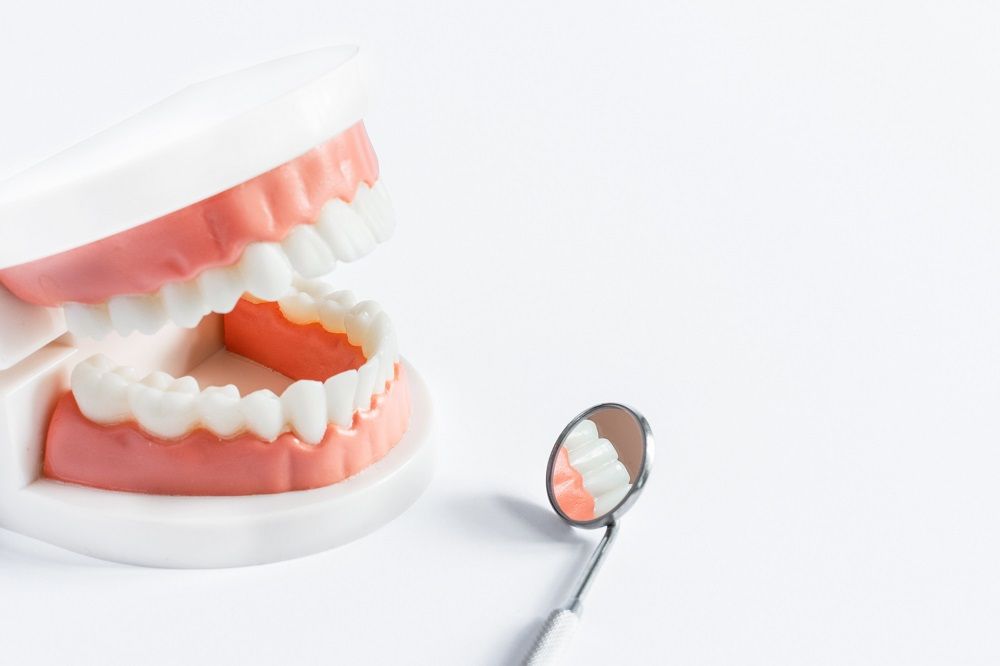A root canal is a common dental procedure. It treats infected or damaged tooth pulp. The pulp contains nerves and blood vessels. When the pulp gets infected, it can cause severe pain. The infection can spread to other teeth if untreated. The root canal procedure removes the infected pulp. The dentist then cleans and seals the tooth to prevent further infection.
To understand why root canals are necessary, it’s helpful to know more about the tooth’s structure. Each tooth has an outer enamel layer, a dentin layer, and an inner pulp chamber. The pulp chamber houses the tooth’s nerve and blood supply. When bacteria penetrate the enamel and dentin, they can infect the pulp. This infection can lead to severe pain and swelling.

Why Root Canals Are Necessary
Root canals become necessary for several reasons. Infections can occur due to deep decay, which often results from untreated cavities. Cracked or chipped teeth can also cause infections by allowing bacteria to enter the tooth’s pulp chamber. Trauma to the tooth, such as a fall or blow, can also damage the pulp and necessitate a root canal. Untreated cavities can lead to severe pain and discomfort. They can also cause abscesses. An abscess is a pus-filled pocket that forms at the end of the tooth root. Abscesses can cause swelling, fever, and tenderness in the lymph nodes. They can even lead to more severe health issues if not treated promptly. Root canals save teeth by removing the infected pulp and preventing further damage. They also help maintain the tooth’s function and appearance.
Importance of Preventive Dentistry
Preventive dentistry plays a crucial role in avoiding the need for root canals. It focuses on maintaining oral health through regular dental check-ups and good oral hygiene practices. Regular check-ups are essential because they help detect issues early–before they become severe. Early detection allows for less invasive treatments and prevents the need for more complex procedures like root canals.
Good oral hygiene is the cornerstone of preventive dentistry. It includes brushing your teeth at least twice daily with fluoride toothpaste. Fluoride helps strengthen the enamel and makes it more resistant to decay. Flossing once a day is also vital. It removes food particles and plaque from between the teeth and along the gum line, where a toothbrush can’t reach.
Benefits of Preventive Care
Preventive care offers numerous benefits. First and foremost, it saves money in the long run. Regular check-ups and cleanings are less expensive than treating dental problems that have been allowed to progress. Preventive care also reduces pain and discomfort by addressing issues early before they become severe.
Healthy teeth and gums are essential for overall health. Poor oral health has been linked to various systemic conditions, including heart disease, diabetes, and respiratory infections. Maintaining good oral health can help reduce the risk of these conditions. Additionally, healthy teeth and gums boost confidence and enhance your smile. A beautiful smile can improve your self-esteem and make social interactions more enjoyable.
